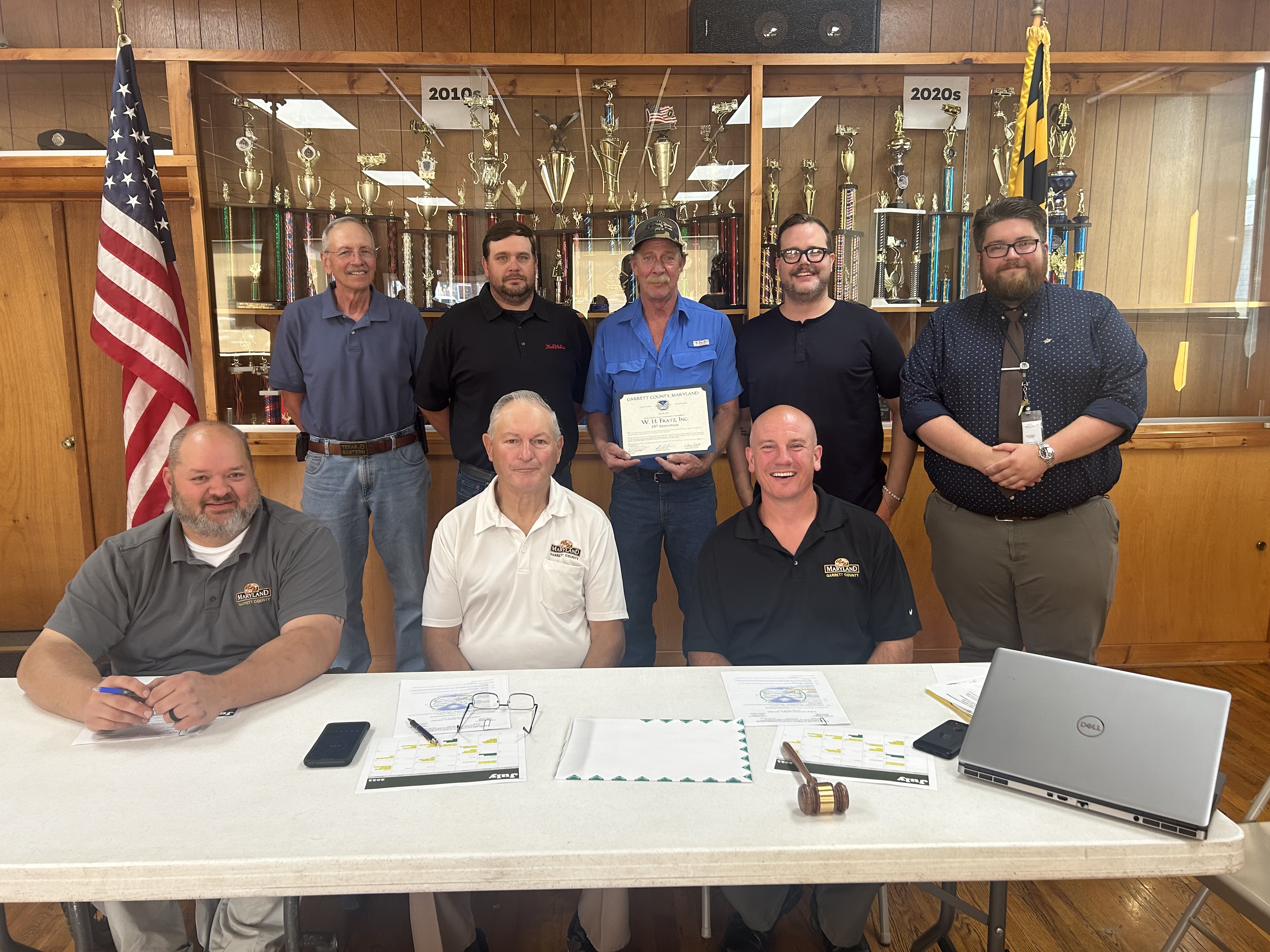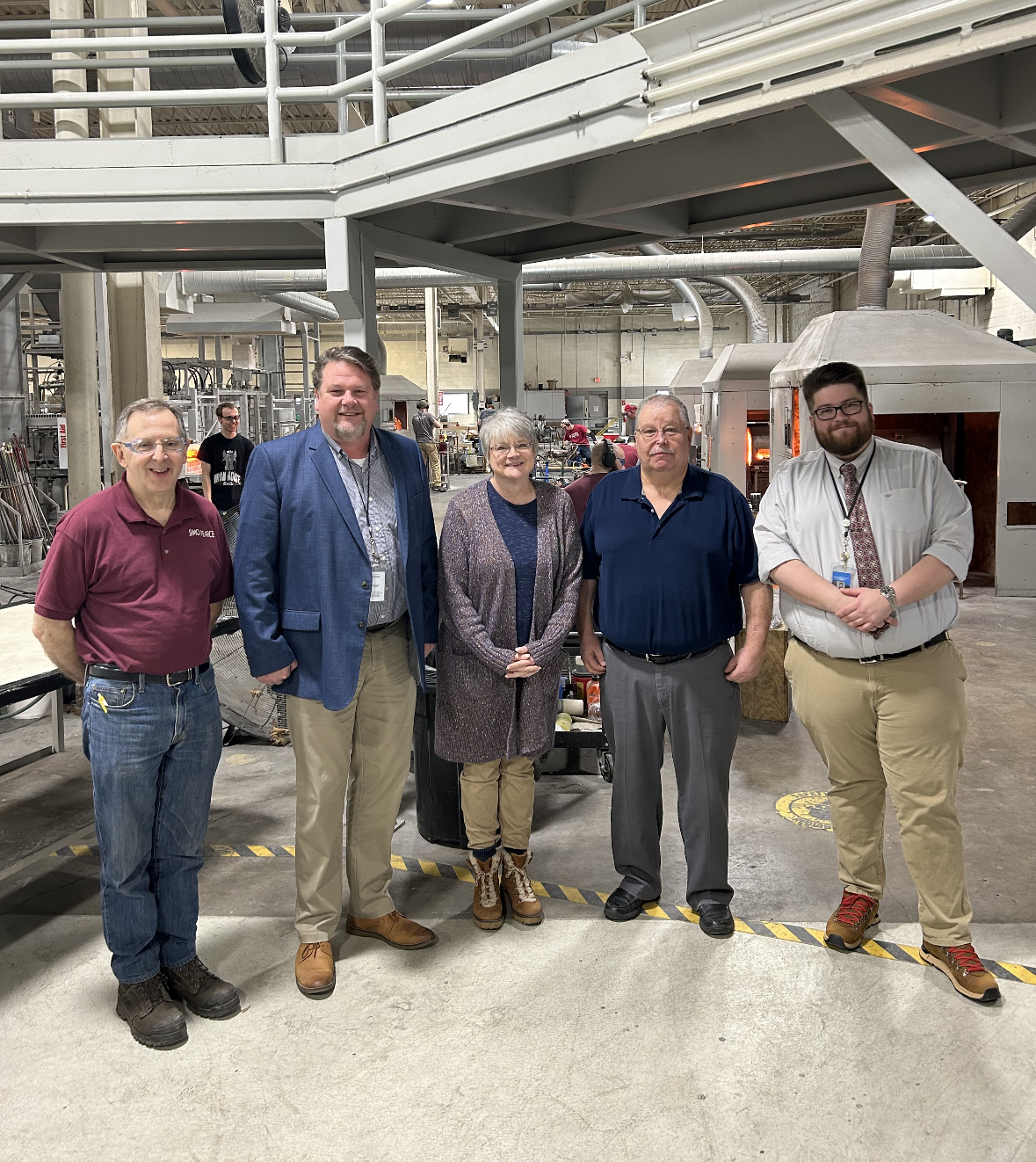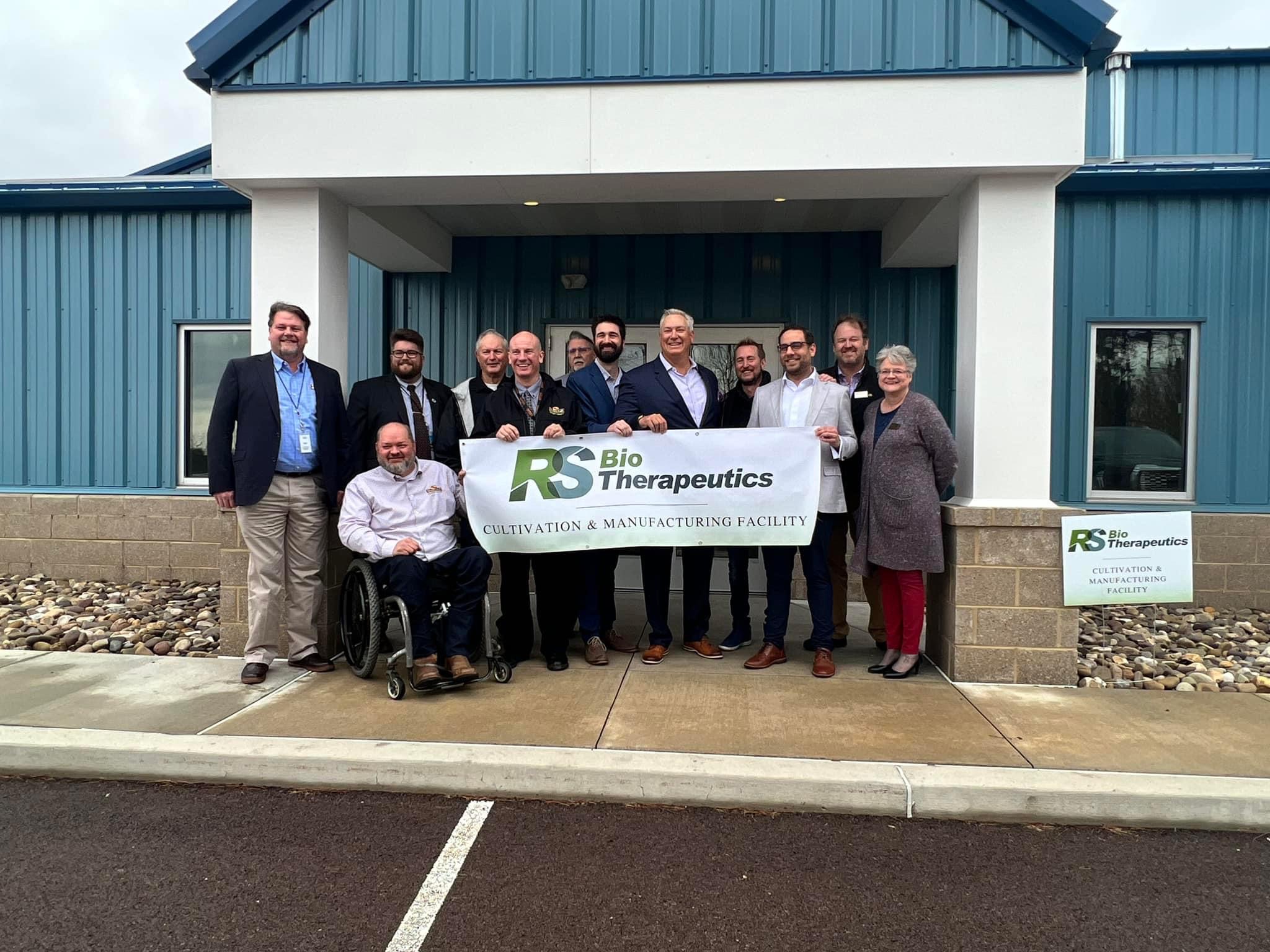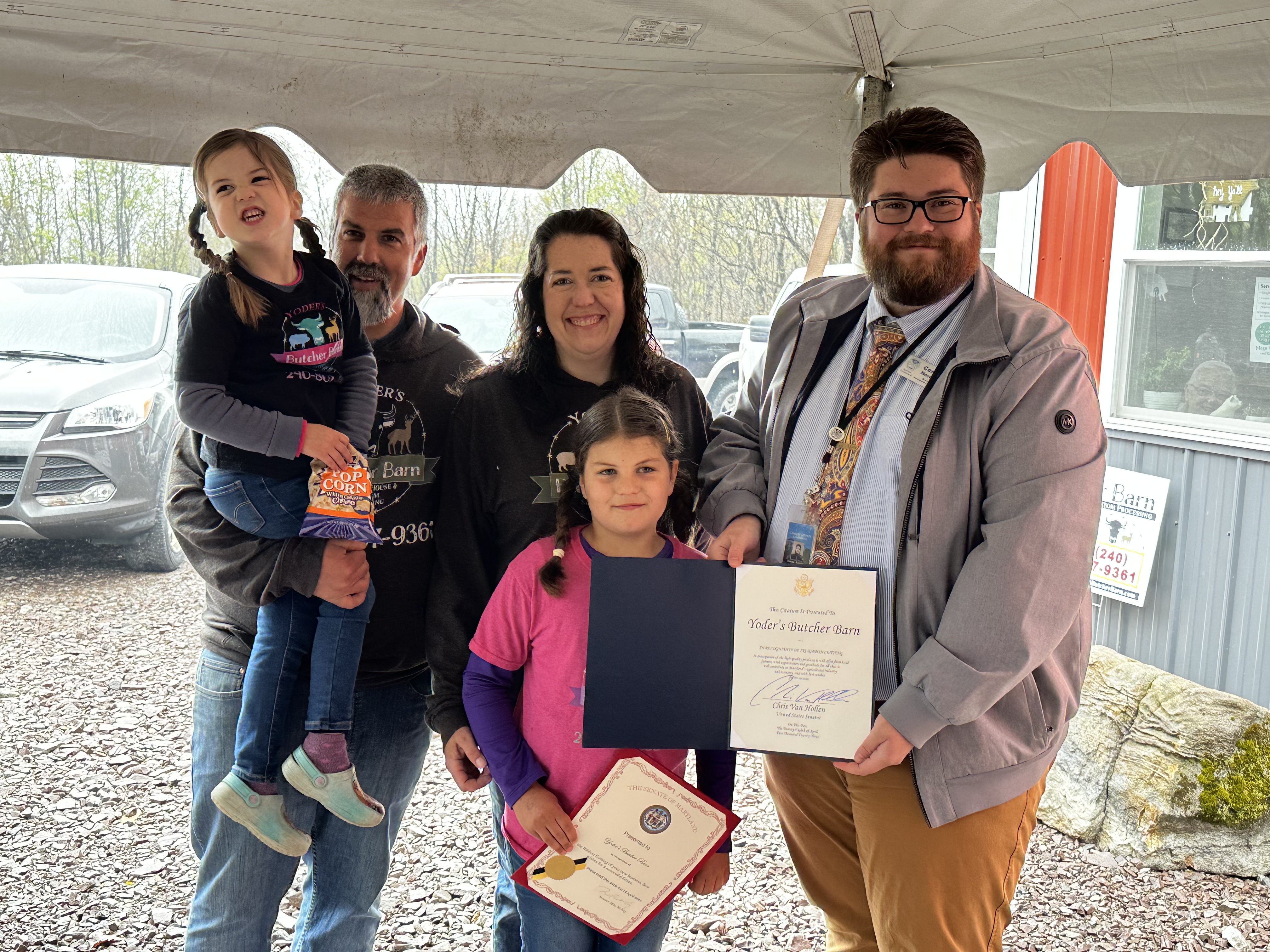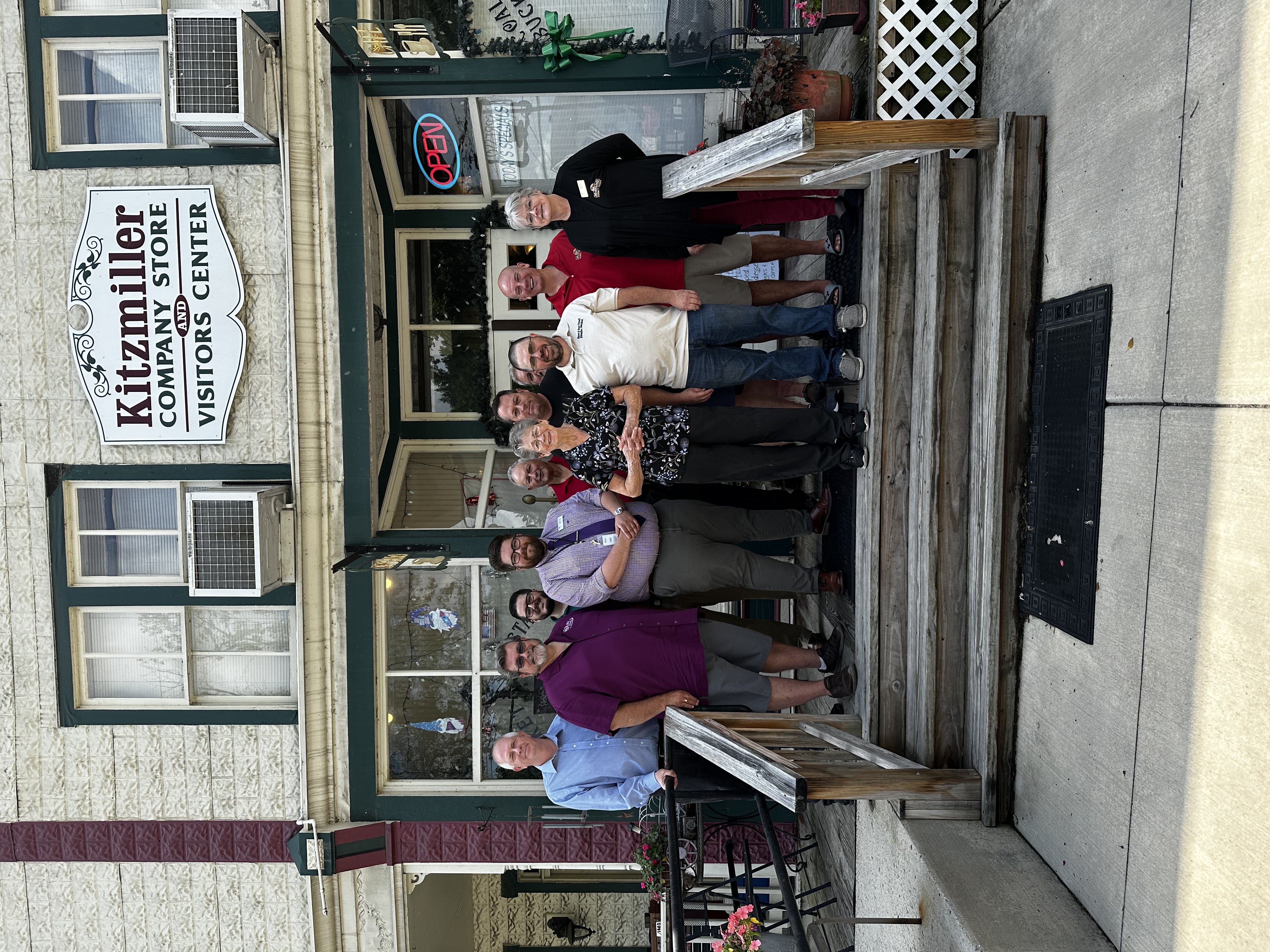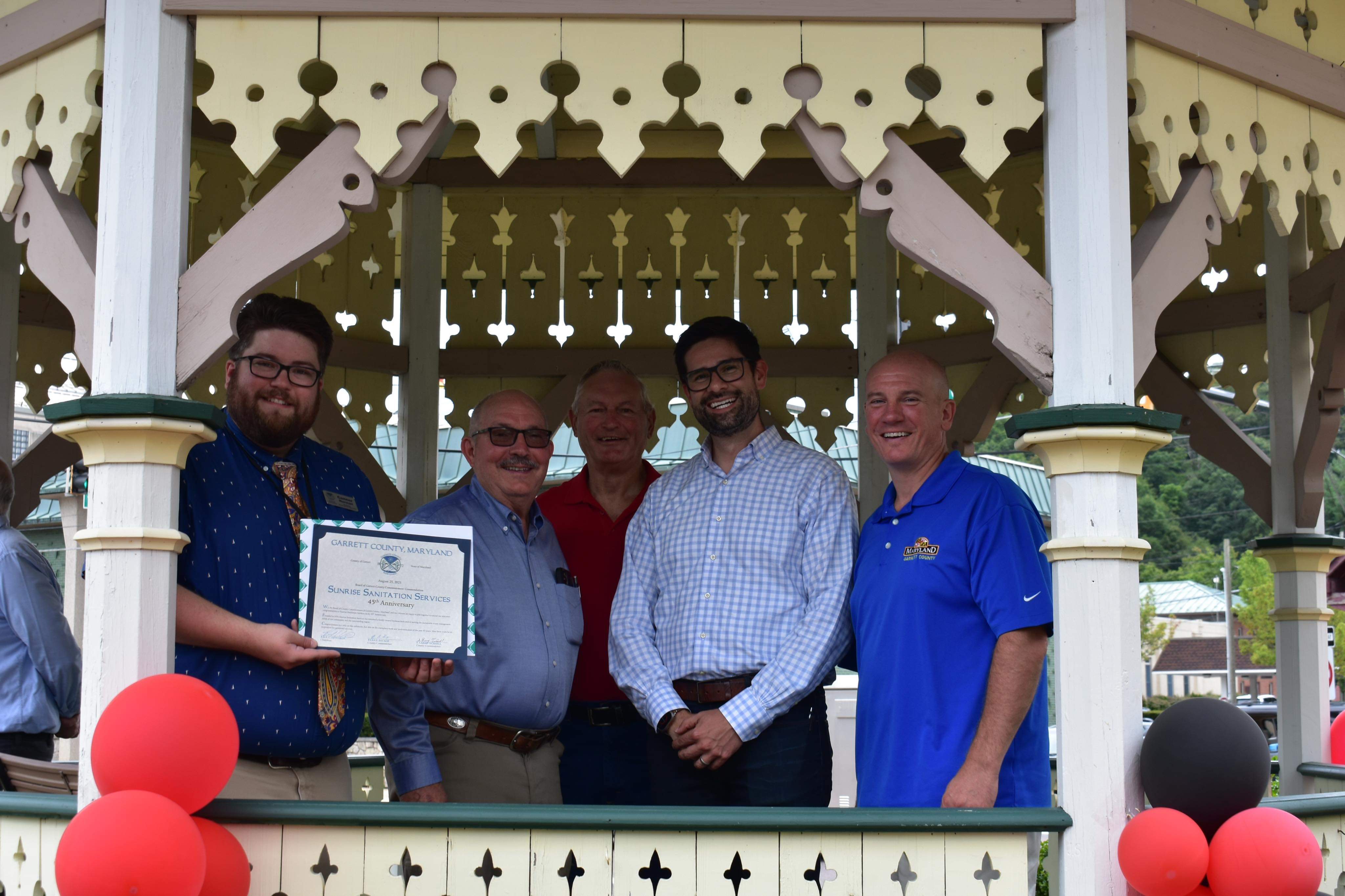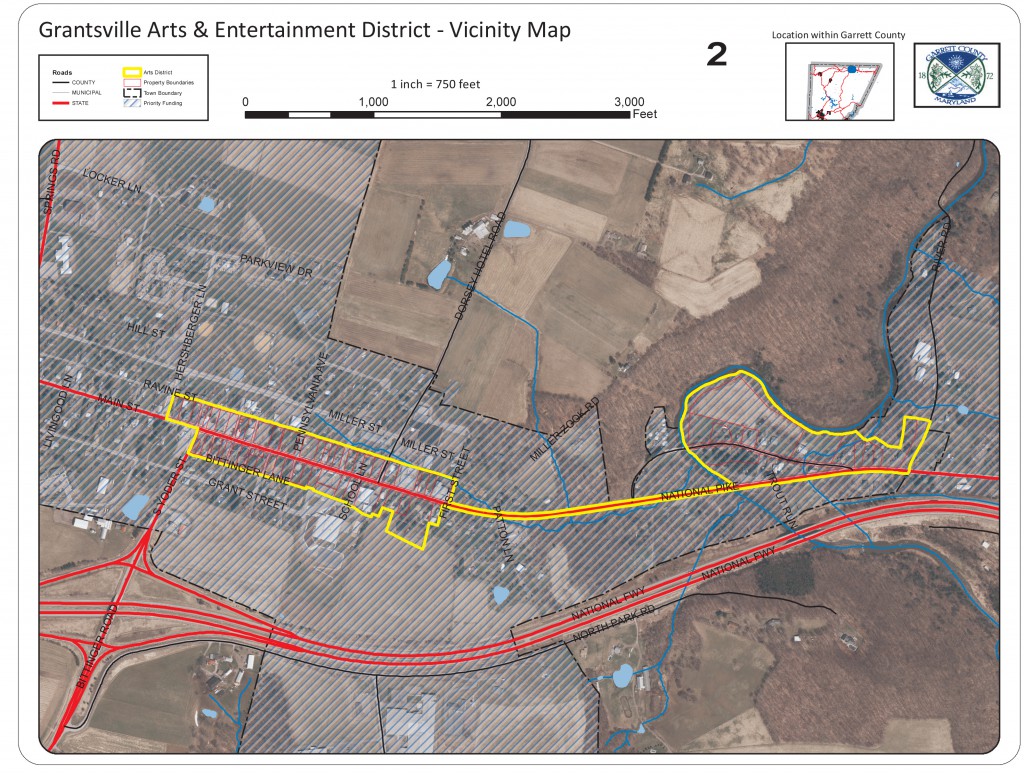Allegany College of Maryland, Garrett College, and Hagerstown Community College have received a $617,400 grant from the Senator George C. Edwards Fund toward a $686,000 project to implement two cyber ranges through the Cyber Workforce Accelerator program to assist cybersecurity students to prepare for careers, using real-world, cutting-edge simulation.
Created by the Maryland Association of Community Colleges (MACC) and BCR Cyber, the Cyber Workforce Accelerator program is designed to dramatically expand Maryland workforce development efforts and provide the state’s community colleges with BCR Cyber Series 3000 Cyber Ranges, offering access to advanced experiential training and education technology to train and certify thousands of entry level IT and cyber practitioners.
The Senator George C. Edwards Fund grant facilitates the procurement, configuration, and deployment of the cyber ranges, as well as required infrastructure upgrades, enhancements, and staff training. Delivery of the cyber ranges and training commencement is expected by April 1, 2025.
“This is going to be a game changer for our students,” says Hagerstown Community College president, Jim Klauber. “Our cybersecurity students will learn how to effectively identify and address cyber threats. Employers will be able to watch students as they work through the simulations, giving the students the opportunity to showcase their skills and employability.”
The Senator George C. Edwards Fund is a four-year, $50 million program aimed to spur economic growth in Washington, Allegany, and Garrett Counties.
“This cyber range project will help our competitiveness in Western Maryland and will yield return on investment in this fast-growing industry. It is a great partnership between our three community colleges,” says Jake Shade, executive director of the Senator Edwards Fund.
BCR Cyber created a public-private consortium of more than 35 cybersecurity companies and government agencies that will steer course content development and recruit entry-level employees trained at the community college cyber ranges. Each school will have a center with five workstations in which the students will complete approximately 40 hours of training for their capstone work, followed by a live experience with up to 10 hours of testing in simulated cyber threats. BCR Cyber has trained thousands of people to work in the cybersecurity industry.
“There are not enough skilled professionals to meet the talent gap in cybersecurity here in Maryland and across the country,” says Michael Spector, president of BCR Cyber. “Partnering with these community colleges through the accelerator program is an effective way not only to create well-paid career opportunities, but also bring more students into an industry that desperately needs them.”
Recently, MACC – in partnership with BCR Cyber – was awarded $935,680 through the Maryland Department of Commerce’s “Build Our Future Grant Pilot Program” to fund the Cybersecurity Workforce Accelerator. This award leverages $2 million of Congressionally Directed Spending obtained by U.S. Senators Ben Cardin and Chris van Hollen that was allocated for the Accelerator earlier this year in the Federal FY25 Budget as matching funds. The total amount awarded year to date for the accelerator is $3.6 million.
For more information about the program visit www.bcrcyber.com.
About BCR Cyber - Established in 2017, BCR Cyber (formerly Baltimore Cyber Range) is dedicated to delivering exceptional training solutions to both government and commercial clients. BCR Cyber has trained thousands of individuals and successfully placed over 83 percent into employment. The BCR Cyber Range is the first such facility in the world specifically dedicated to workforce development in the cybersecurity sector. BCR Cyber provides trainees with the most advanced cybersecurity strategies and techniques in an environment that simulates real threats in real-time. The range's hands-on training encompasses cyber threat detection, compromise mitigation, and system remediation, and is complemented by placement services. For more information, visit www.bcrcyber.com.
About Maryland Association of Community Colleges - Maryland Association of Community Colleges (MACC) is an advocate for Maryland’s 16 community colleges and the needs of the students they serve. State-of-the-art facilities, flexible curricula, and award-winning teaching staff serve full- and part-time students pursuing academic degrees, career certifications, and enrichment courses at 22 campuses and 1000+ learning sites statewide. See more at mdacc.org.

